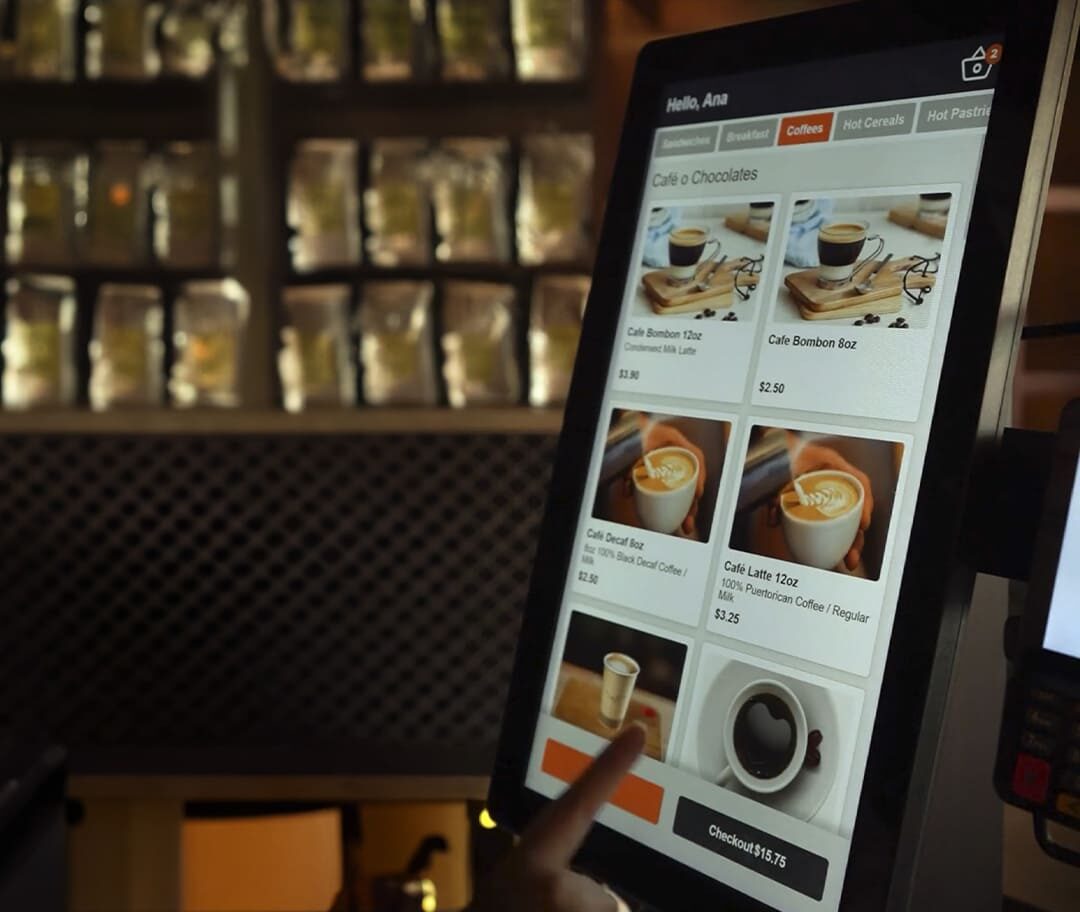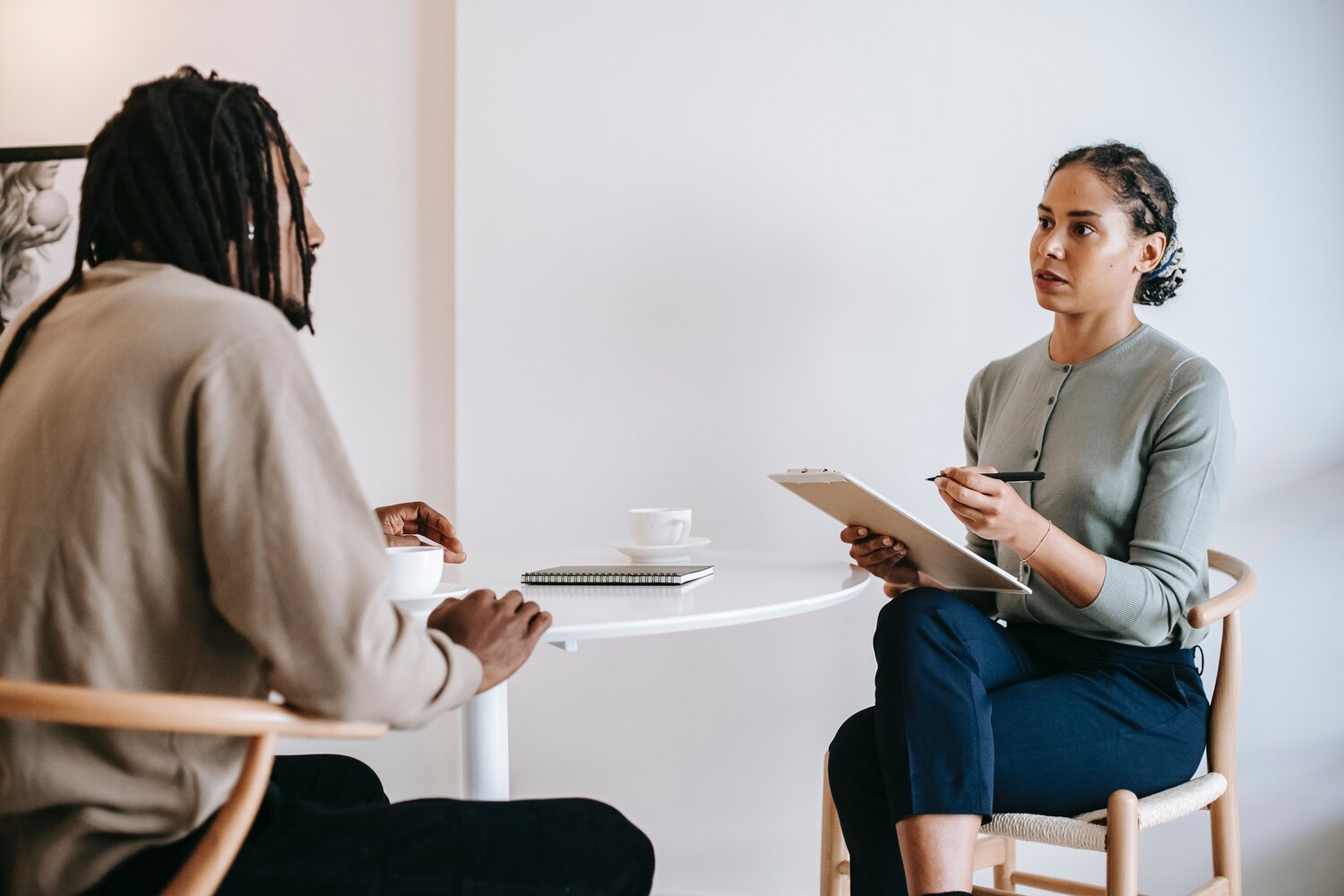Understanding the Role of a Relationship Consultant
A Relationship Consultant plays a pivotal role in helping individuals and couples navigate the complexities of their relationships. Unlike therapists or coaches, a Relationship Consultant focuses on providing targeted guidance to address specific issues within relationships. Their expertise lies in offering practical strategies for communication, conflict resolution, and trust-building. These professionals often have specialised training and experience, equipping them with the skills needed to facilitate meaningful improvements in relationship dynamics. Their primary responsibility is to assist clients in understanding their relationship patterns and implementing effective solutions. This tailored approach ensures that the guidance provided is relevant and impactful, addressing the unique needs of each client. By engaging with a Relationship Consultant, individuals can benefit from a structured and focused approach to enhancing their relationship health.
The Importance of Relationship Consultancy
Seeking professional guidance can be a game-changer for those facing challenges in their relationships. Life’s demands, personal insecurities, and communication barriers often lead to conflicts and misunderstandings that can strain relationships. A Relationship Consultant offers a fresh perspective and valuable insights into these issues, helping clients navigate them with greater ease. The benefits of professional advice extend beyond immediate conflict resolution; they include long-term improvements in relationship dynamics and personal growth. By providing a neutral and supportive environment, Relationship Consultants help clients identify underlying problems and develop effective strategies for resolution. This professional support can lead to more harmonious and fulfilling relationships, contributing to overall well-being. Engaging with a consultant allows individuals to address issues proactively rather than reactively, fostering a healthier relationship environment.
Key Services Offered by Relationship Consultants
Relationship Consultants offer a range of services designed to address various aspects of relationship health. One of their core services is improving communication between partners, which involves enhancing the ability to express thoughts and feelings clearly while listening actively. Effective communication is crucial for resolving conflicts and building stronger connections. Another key area is conflict resolution, where consultants provide strategies for managing and resolving disagreements constructively. This includes techniques for ensuring both partners feel heard and valued during conflicts. Trust and relationship building are also central to their practice, focusing on rebuilding trust and fostering a sense of security. Additionally, consultants assist clients in personal growth and development, guiding them to explore their values, goals, and emotional needs. These services collectively contribute to creating a more balanced and fulfilling relationship.
The Process of Working with a Relationship Consultant
The process of engaging with a Relationship Consultant typically begins with an initial consultation and assessment. During this stage, the consultant gathers information about the client’s relationship dynamics, goals, and challenges. This assessment forms the basis for developing a customised coaching plan tailored to the client’s needs. Once the plan is established, the focus shifts to goal setting, where clear and achievable objectives are defined. These goals align with the client’s personal values and relationship aspirations. The consultant then provides practical tools and techniques to address the identified issues, offering ongoing support to ensure progress. Regular sessions are held to review and adjust the plan as needed, ensuring that the approach remains relevant and effective. This continuous support helps clients stay on track and achieve their relationship goals.
Evaluating the Impact of Relationship Consultancy
Assessing the impact of Relationship Consultancy involves measuring progress and identifying the improvements made in the relationship. Consultants use various methods to evaluate effectiveness, including regular feedback from clients and tracking progress towards set goals. The impact is often reflected in enhanced communication, reduced conflicts, and a stronger sense of trust and connection. Long-term benefits include sustained improvements in relationship health and personal development. By focusing on both immediate and long-term outcomes, clients can see the tangible effects of their efforts and the consultancy’s contribution to their relationship dynamics. This ongoing evaluation helps ensure that the consultancy remains aligned with the client’s evolving needs and goals. The overall aim is to achieve lasting positive change in the relationship, leading to greater satisfaction and harmony.
Choosing the Right Relationship Consultant
Selecting the right Relationship Consultant involves considering several factors to ensure a good match between the client and consultant. Key aspects to evaluate include the consultant’s qualifications, experience, and approach to relationship management. It’s important to choose a consultant whose expertise aligns with the specific issues and goals of the client. During the selection process, asking pertinent questions about the consultant’s methods, areas of focus, and previous experience can provide valuable insights. Additionally, understanding the consultant’s approach to working with clients and their ability to customise their services is crucial. Finding a consultant who is empathetic, supportive, and skilled in addressing the client’s unique needs will contribute to a more effective and rewarding consultancy experience. Making an informed choice ensures that the client receives the most relevant and beneficial guidance for their relationship.
Making the Most of Your Consultancy Sessions
To maximise the benefit of consultancy sessions, clients should come prepared and engage actively in the process. Preparation involves reflecting on personal goals, relationship dynamics, and any specific issues that need to be addressed. Being open and honest during sessions allows the consultant to provide tailored guidance and support. Actively participating in the process, including practising recommended techniques and strategies, enhances the effectiveness of the consultancy. It’s also important to be willing to adapt and adjust goals as needed based on feedback and progress. Regularly reviewing and reflecting on the insights gained from each session helps maintain momentum and achieve desired outcomes. By fully engaging with the consultancy process, clients can ensure that they derive the maximum benefit from their sessions, leading to more successful and fulfilling relationships.











